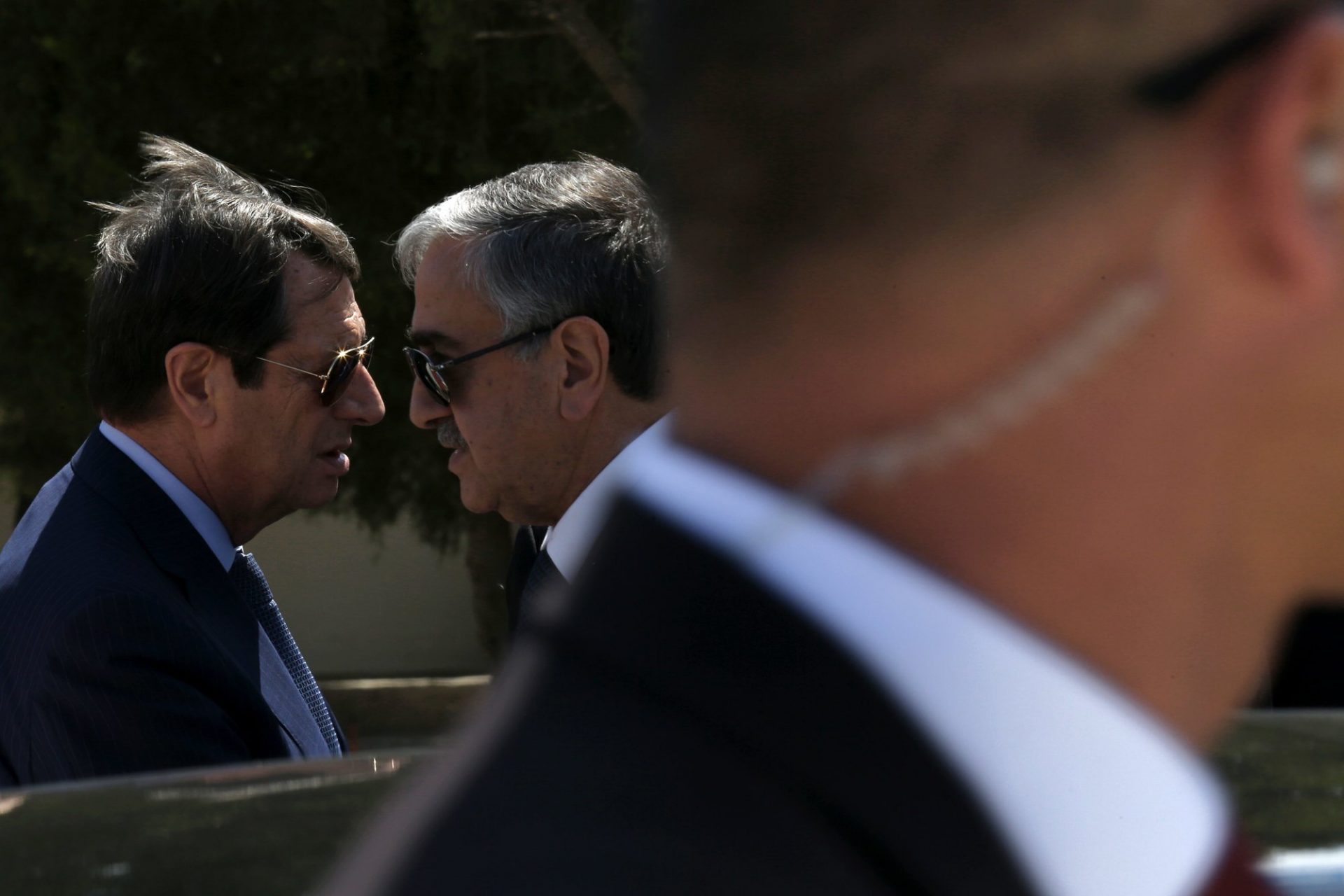
[authorbox authorid=”96″ title=”The Author”]
Religious and ethnic factors present in the Cypriot conflict have paved the wat for external actors to take part in this conflict, exposing the resolution of this conflict to the political interests of third parties.
Since 2011, this conflict has taken an economic dimension, as during that year a natural gas field was discovered on the Exclusive Economic Zone (EEZ) of Cyprus.
Energy is also a key element in the foreign policies of Turkey and Greece, the two most interventionist political actors in the history of the conflict in Cyprus. In this sense, both countries have projected incompatible plans for the transportation and commercialisation of the Cypriot natural gas as well as for other natural gas fields in the Eastern Mediterranean region.
Besides this “zero-sum” energy race, national identity and belligerent discourses are being gradually embraced by the political elites of Turkey, Greece and Cyprus. This changing discourse is bringing back the 1990s political tension between the two communities in Cyprus and between Athens and Ankara, when military crashes were continuous.
Within this explosive political and economic context, a peace settlement in Cyprus appears to be fading away, as both communities have more arguments to legitimise an increased social and economic division, with the political support of their historical allies, Greece and Turkey, both members of the North Atlantic Treaty Organisation (NATO).
Click there to reach the entire Policy Paper
*This policy paper was originally written for Spanish Institute of Strategic Studies



